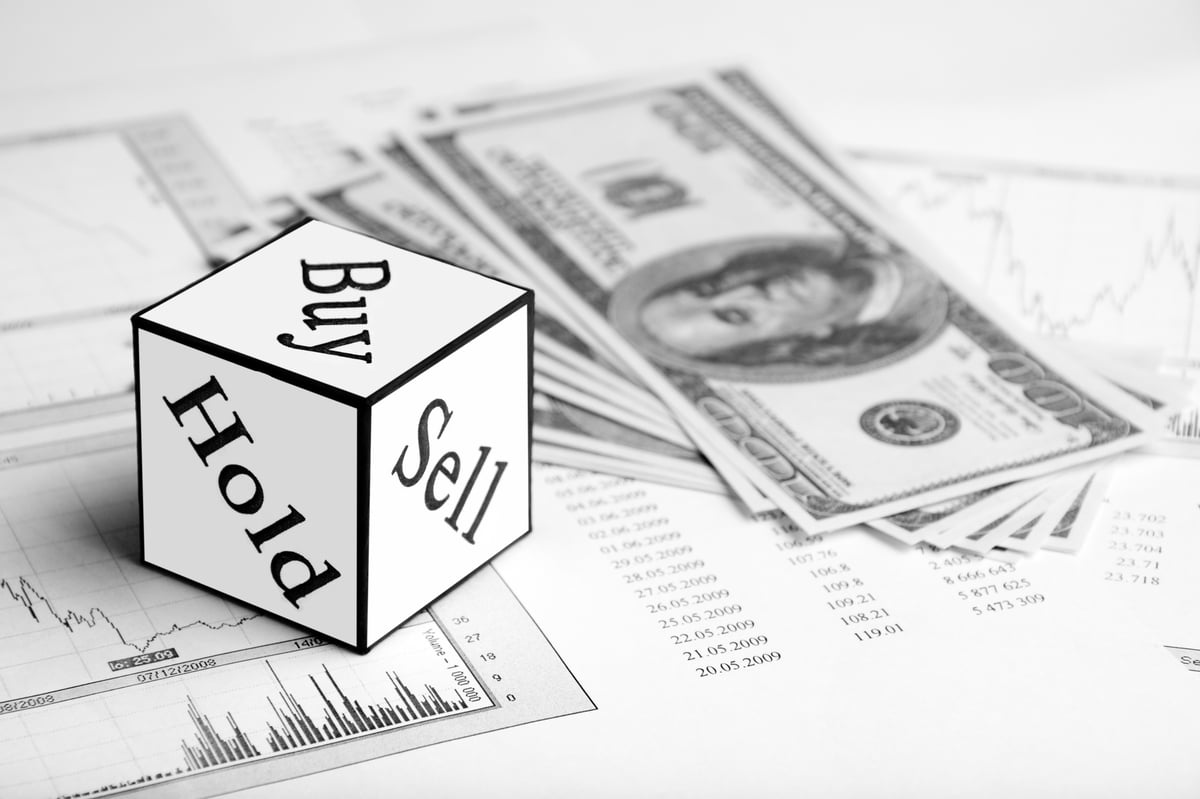Dividend investing has been shown to outperform investing in companies that offer no payouts, but that doesn't mean all dividend payers are created equal. In health care, for example, patent expiration can mean some dividend-paying stocks pose considerable risk. Investors need to be choosy when it comes to picking dividend-paying stocks for income portfolios. Here are three such companies in the health care industry that I think investors ought to consider owning.
No 1: UnitedHealth Group Inc. (NYSE: UNH) -- forward dividend yield of 1.3%
When it comes to providing health care insurance in the United States, there's no company bigger than UnitedHealth Group. The company's health insurance plans cover tens of millions of Americans across commercial, individual, Medicare, and private Medicaid markets.
The company's position as an industry Goliath means it is perfectly positioned to capitalize on an increasingly insured America. Thanks to the Affordable Care Act, nearly 11.7 million more Americans have purchased health insurance through the federal and state exchanges and almost 10.8 million more Americans have been newly covered through Medicaid. Additionally, aging baby boomers provide a stream of rising premium revenue for the company's Medicare offerings.
As a result, UnitedHealth's revenue has been climbing steadily, and that momentum isn't expected to stop. This year, UnitedHealth guided for at least a 7.7% sales increase to $140.5 billion. Importantly, while insurers' margins are thin, the sheer size of the market means UnitedHealth is remarkably profitable. Last year, the company reported earnings per share of $5.70, and that is expected to increase to at least $6 per share in 2015. That should give UnitedHealth plenty of financial flexibility to keep returning money to investors in the form of dividends. If so, the company's payout could continue to climb.
No. 2: Gilead Sciences (GILD +0.38%)-- forward dividend yield of 1.7%
You can count the number of dividend-paying biotech stocks on one hand, and Gilead Sciences, which is paying its first dividend payment this year, could be the best of that group.
Gilead Sciences markets the globe's top-selling HIV and hepatitis C drugs. With HIV patients living longer and more people getting access to hepatitis C therapy, the company's revenue should continue to deliver plenty of dividend-friendly cash flow.
Last year, the launch of new hepatitis C drugs Sovaldi and Harvoni more than doubled the company's revenue. Going forward, far tougher year-over-year comparisons mean revenue will grow much more slowly, but that shouldn't keep investors at bay. In 2015, Gilead Sciences predicts its sales will climb between 4.4% and 8.4%. Wall Street analysts believe the company's EPS will climb by 18% this year, to $9.55, and will reach $10.33 in 2016.
No. 3 Bristol-Myers Squibb (BMY +0.79%)-- forward dividend yield of 2.2%
Patent expiration has taken a toll on big pharmaceutical companies, and Bristol-Myers Squibb hasn't escaped unscathed. However, thanks to a restructuring that included selling its diabetes interests to AstraZeneca, cost-cutting, and a slate of new drugs, Bristol-Myers could be among the more attractive dividend-paying Big Pharma names out there.
Bristol-Myers Squibb reported that revenue fell 4% last year; however, if you adjust for the sale of its diabetes business, revenue actually grew by 6% to $15.58 billion. Once we move beyond the one year anniversary ofthe diabetes business sale and no longer have to back its impact out to see that the company is growing, investors' attention should shift back to the company's product lineup, which includes the top-selling cancer drug Yervoy, the newly approved cancer drug Opdivo, and the fast-growing anticoagulant Eliquis.
In 2014, sales of the melanoma drug Yervoy grew 36% to $1.3 billion. Meanwhile, thanks to Opdivo's recent approvals as a treatment for advanced melanoma and lung cancer -- as well as a host of ongoing trials that could expand its label -- analysts think this drug's peak sales could eclipse $5 billion per year someday. Eliquis is no slouch, either: Sales of the Factor Xa inhibiting drug jumped from $146 million in 2013 to $774 million last year.
Of course, sales only matter to dividend investors if they translate into profits that can drive future payout increases. On that score, Bristol-Myers Squibb is also looking good. The company expects its marketing, sales, and administrative expenses will fall in the mid- to high- single-digits this year. As a result, analysts believe Bristol-Myers Squibb will deliver EPS of $1.72 this year and $2.28 next year. That should allow the company to continue its six-year streak of annual dividend increases.
Tying it together
Dividend investing can be an incredibly powerful way to boost returns, but only if the companies you buy into are on solid financial footing. In the case of UnitedHealth Group, Gilead Sciences, and Bristol-Myers Squibb, investors appear to have a profit-friendly combination of profit growth and dividend safety that could mean these are the best health care dividend stocks to buy.









